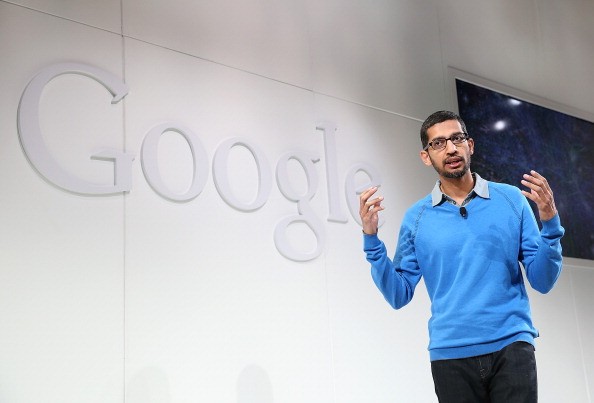Google has announced a new conversation-based tool named Google Assistant that can control a plenty of devices at a time, including smartphones and smart watches. Its key features have made Google Assistant one of the most anticipated products of all times.
Google Assistant was announced on May 19, Wednesday as a part of the opening keynote by Google's chief executive Sundar Pichai at I/O developers conference in California. The keynote was later posted on Google's official blog.
The product is basically an extension and integration of Google's search search tools, including the upcoming ones such as Allo and Google Home. The product lets users interact or "speak" with it in a more human way. Moreover, it can link to third-party services such as Spotify, Uber, Whatsapp, Ticketmaster and Alexa.
According to Pichai, the conversational assistant makes things easy for the users through two-way dialogues. It is equipped with artificial intelligence that makes it understand the human world and helps by getting things done.
"It makes it easy to buy movie tickets while on the go, to find that perfect restaurant for your family to grab a quick bite before the movie starts, and then help you navigate to the theater. It's a Google for you, by you," Pichai said at the conference.
In addition to assistant, Google also announced two new products - Google Home and Allo - that are naturally incorporated in the assistant. While the automatic voice-activation feature of Google Home helps assistant function in any room of the user, Allo is a messaging app that lets users chat with the product.
For example, a user can book a table for two simply by using the Allo feature to interact with the device and ask it to look for restaurants near by. Else, it can be used to know the agenda for the day. All of the replies are based on context and the chats are expressive and full of emoticons to provide a human touch.
In the speech, Pichai credited Amazon for pioneering the idea at the first place. Amazon launched its dialogue-based smartphone back in 2014. It is equipped with the company's virtual assistant Alexa. While assistant is compatible with a number of third-party services, Alexa works with many more, BBC has learned.
Check out Pichai's opening keynote at I/O developers conference in California:


